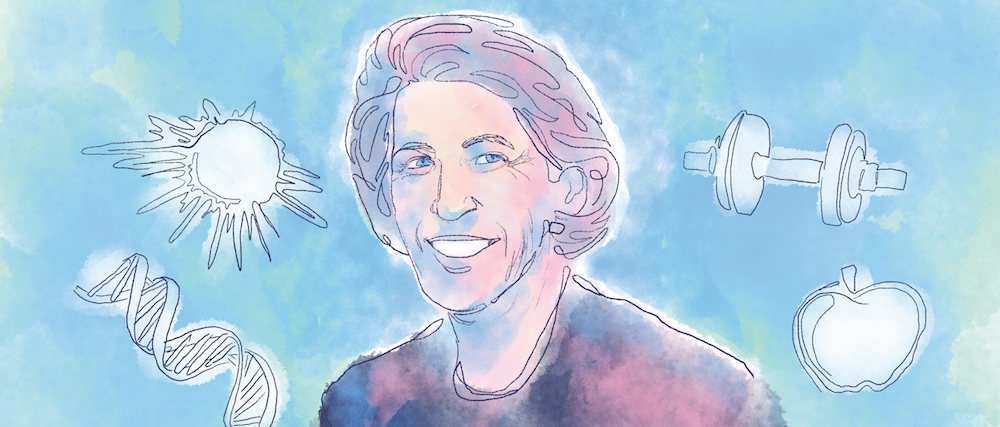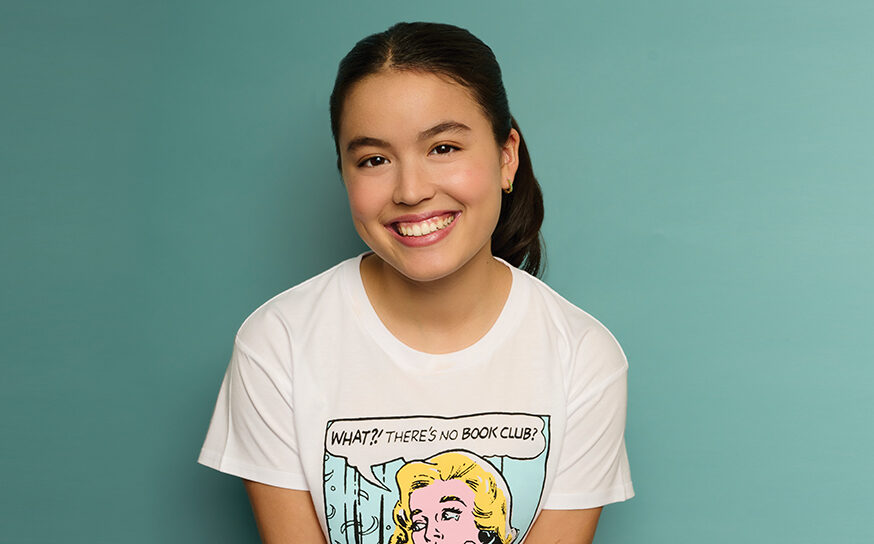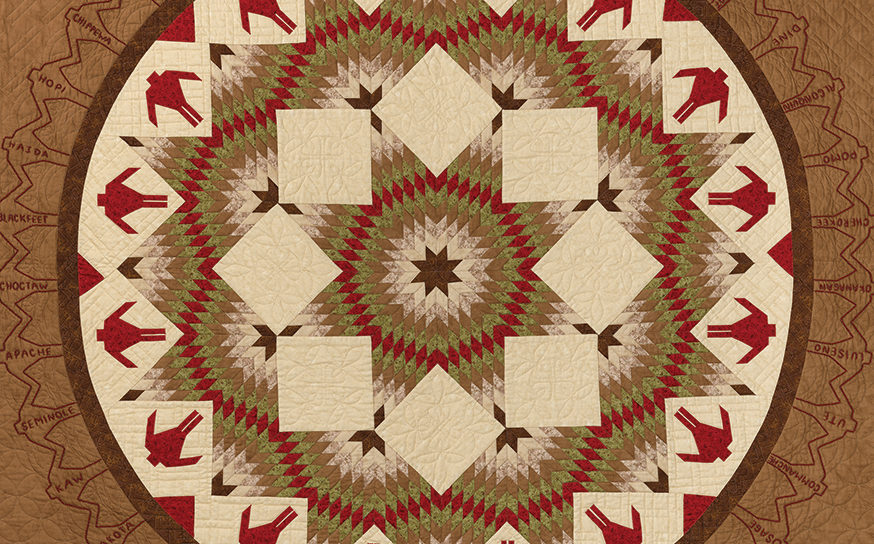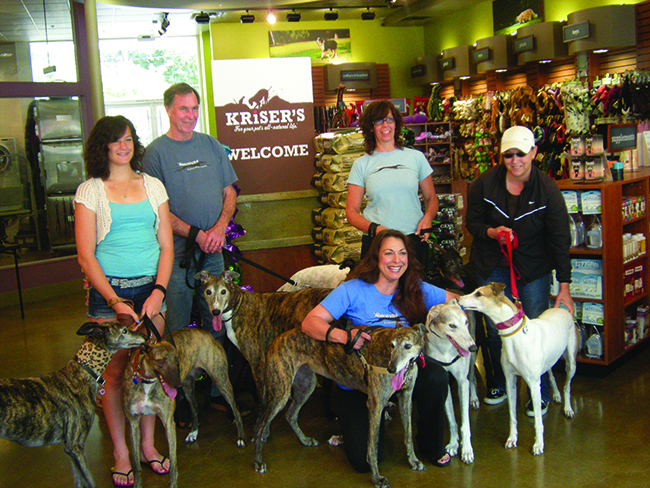
Q&A: City of Hope Researcher Dr. Leslie Bernstein
At the age of 77, City of Hope cancer researcher Leslie Bernstein is still leading the pack with dramatic findings that are changing the way we think about and treat […]
-
CategoryUncategorized
At the age of 77, City of Hope cancer researcher Leslie Bernstein is still leading the pack with dramatic findings that are changing the way we think about and treat the disease. Dr. Leslie Bernstein is one of the most highly regarded and innovative breast cancer epidemiologists in the world today. The PhD has won nearly every award she could receive in her field and been honored numerous times for teaching and mentoring junior scientists. And she continues to work full time, while also being active in the lives of her 11 grandchildren. Here Dr. Bernstein shares some of her findings with VB editor-in-chief Linda Grasso.
Besides exercise what else can reduce risk of cancer?
Do not smoke. We can say unequivocally, “Smoking causes lung cancer.” And do not gain weight as an adult. Being overweight and obesity are risk factors for nearly every cancer.
What about alcohol intake?
The rule here should be “all things in moderation.” Drink no more than one alcoholic beverage a day. Alcohol intake in larger amounts is associated with higher risk of breast cancer, esophageal cancer and some other cancers.
Let’s address diet …
I would advise people to reduce the amount of animal fat in their diets, which means eating much less red meat. It is also important to maximize whole grains versus more processed carbohydrates. And finally, I recommend eating fresh vegetables and not cooking them too much, and fresh fruit.
Is it true that if you live long enough you will probably get cancer, regardless of what you do. Agree? Disagree?
Agree—although I would never say this is 100% true. But the risk of almost all cancers (thyroid cancer, testicular cancer, and Hodgkin disease are exceptions) increases with age.
I understand you have battled cancer.
When I was 75, I was diagnosed with lung cancer, a type that is not associated with cigarette smoking. I was getting a CT scan because of another problem I was having and the lung cancer showed up on the scan. The entire lobe was removed so now I have four lung lobes, not five. The cancer is apparently hereditary. My mother was diagnosed with the same subtype of lung adenocarcinoma at 75.
Tell us about your 11 grandkids …
I attended only one of the births; for the others I was at home taking care of the older siblings of the newest grandchild or waiting. Three grandchildren have graduated college and are working toward advanced degrees. Five are in college now, with the remaining three starting college soon.
I’ll bet you are a pretty involved grandma.
I helped out with each new grandchild and found ways to visit every few months when they all lived on the east coast. Plus I had the opportunity to help one on a daily basis. This daughter-in-law was a nurse working late shifts, and I would stop on my way home from my own job, so the babysitter could go home. I stayed until my daughter-in-law or my son (who was doing his pediatric residency at LA Children’s Hospital) could get home and take over.
You headed up a noteworthy research project that identified a link between exercise and breast cancer. How was the study conducted?
In 1983 I began to study risk factors for breast cancer in women who were 40 years or younger when diagnosed with invasive breast cancer. I received the grant from the National Cancer Institute and conducted the study from 1984 to 1989. Then I began to analyze the data.
What did you find?
We found a dramatic reduction in breast cancer risk among women who exercised about four hours per week. Exercise during the reproductive years reduced young women’s risk of breast cancer by more than 50%.
Have other studies backed up your findings?
Yes. Now more than 80 studies have evaluated the association between exercise and breast cancer worldwide—and results consistently show a decrease in risk for women who exercise, confirming the result we had so long ago (in 1994). Because I was the first, I am considered the grandmother of this field in breast cancer research.
In general, could you offer some preventative guidelines for breast cancer?
In general, the ways to lower risk are exercise (relatively strenuous activity for three to four hours a week), breastfeeding, limiting alcohol intake and not taking hormone replacement during or after menopause.
Do you know of any other links between certain types of cancer and exercise?
Exercise reduces risk of several other types of cancer—most notably colon cancer, but also endometrial cancer in women and advanced prostate cancer in men.











